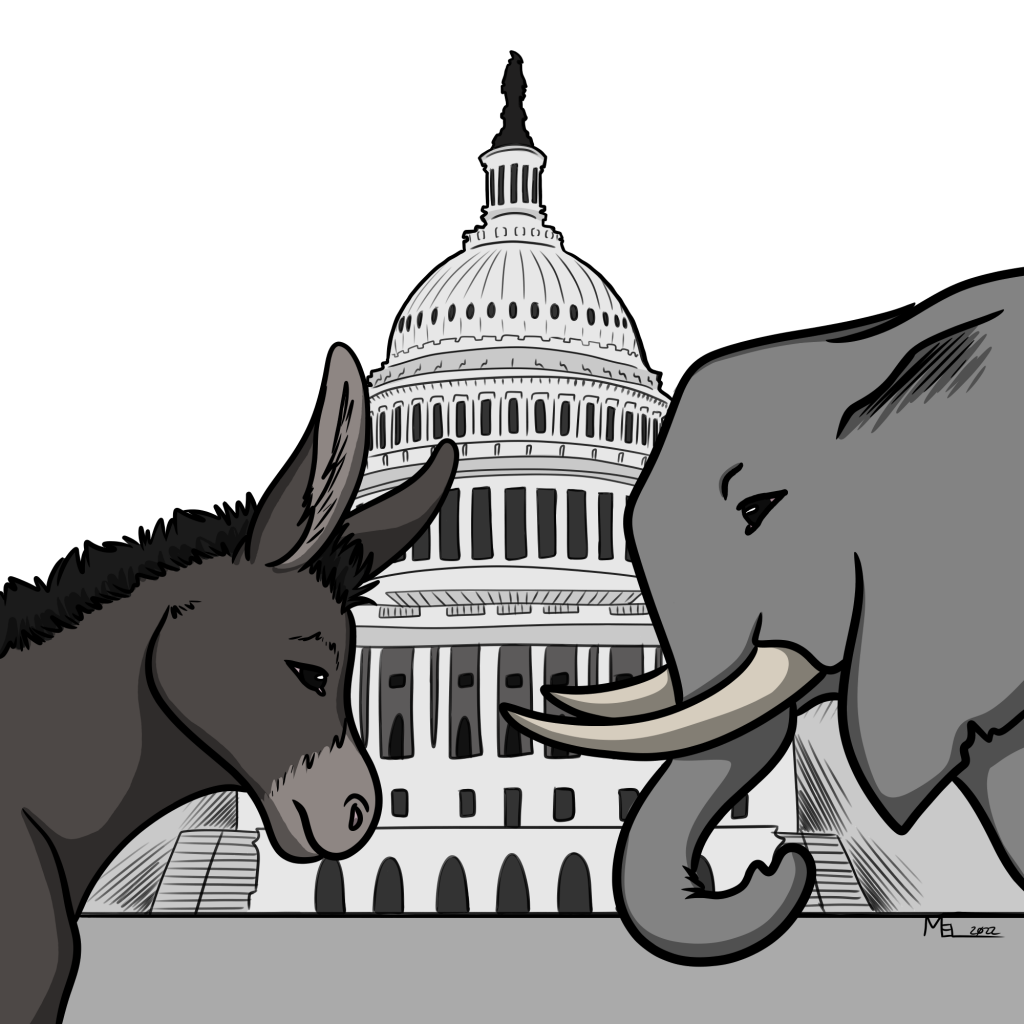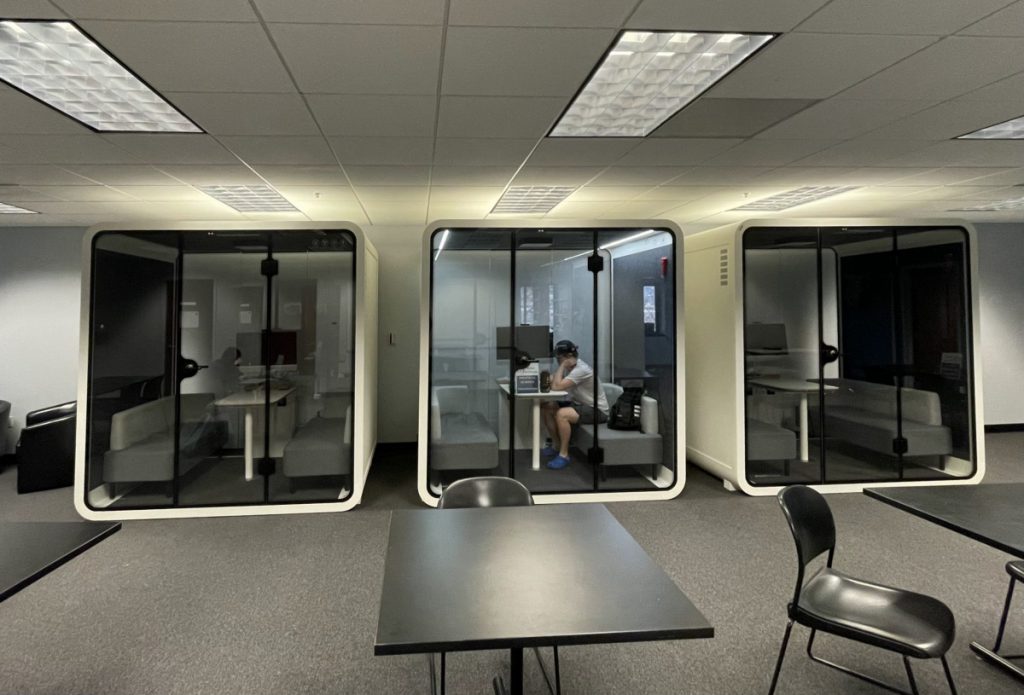Since Jan. 24, the VWU campus has seen 11 confirmed COVID-19 cases, a stark difference from the 41 cases during the weeks of January Term. All 11 have since been cleared following CDC guidelines.
With the decrease in cases, the school has been able to remove all day-to-day restrictions that were enacted to mitigate the spread of COVID-19. The only requirement still in place is the vaccination requirement, including a booster shot.
The most recent change was announced on Feb. 28, when an email was sent to the campus community that the mask requirement would be made optional for all fully vaccinated officials. Faculty are still able to require masks and restrict eating and drinking in classrooms. Students who do not comply risk being dismissed from the classroom.
The Virginia Department of Health reports a total of 1,639,438 COVID-19 cases in the state, which is 18.99% of the state’s population. The United States as a whole has reported 78,855,000 COVID-19 cases to Centers for Disease Control and Prevention (CDC), accounting for 23.76% of the country’s population.
However, the number of cases is not the only determining factor for restrictions on the University’s campus. Officials look at the “level of transmissibility in the immediate area, case count on campus and then… recommendations” from Sentara, the Virginia Department of Health (VDH) and the CDC, says Vice President Keith Moore, who serves as the COVID Coordinator.
As other universities are moving towards reducing mask restrictions, VWU has decided to remove theirs completely. “We have kind of observed, absorbed, processed, developed and then executed what we wanted to do” based on other institutions and systems, says Moore. Every week Moore meets with 64 institutions of higher education followed by a call with all the COVID Coordinators of private institutions with VDH.
When discussing vaccination requirements, Moore says that the school “didn’t feel the need to consider what other institutions or schools systems or others were necessarily doing when we knew that would likely be best” for the campus community, a mindset which extends to masking and other restrictions.
Currently, 95% of the campus community has received the booster shot. Some individuals are not yet eligible, especially those that received the first dose within the last five months.
VWU also differs from other schools in the practices of contact traces. “It went away at just about every other school,” Moore said. But not here.
Speaking for all restrictions and protocols, April Christman, director of student health, credits the students. “You guys appreciate it. Even though we don’t like it, none of us like it, but you guys appreciate that this is what’s keeping us safe,” she said.
As the years have progressed, the contact tracing has become more efficient and students became aware of what would be needed by COVIDSafe officials. “Everyone was more familiar with it but also anticipated questions so when we were talking to students everyone volunteered the information needed,” Christman said.
For her, it began to feel less “invasive” and more machine-like as everyone became used to procedures.
Contact tracing became one of the most critical procedures for the VWU community. “I’ve always felt sound in what our guidelines have been on campus because we are going to sourced experts,” Christman said. “You don’t do something unless you know it to be as accurate as possible.”
Among the experts consulted, Moore makes it a point to speak with students, particularly about the future. “With where we’re headed, we want students to know that this isn’t forever and we have their best interests in mind,” he said.
“Students are the biggest constituents on this campus,” Christman said. “Without their buy-in, we wouldn’t have been safe.” According to her, students are the reason we “were very successful, even the hardest hit semesters due to COVID.”
Still, there are unavoidable costs due to restrictions. “It was unfortunate… but the thought of being completely isolated and remote, and doing everything virtually… that’s scary to think, from a mental health perspective,” Christman said.
As a counselor in the Counseling Center on campus, Christman has an insight on the toll the pandemic has taken on mental health, and still stands behind the decisions of the administration.
“Even though the restrictions were hard, it gave our community the ability to build connections and not be further removed from what a college experience should be,” she said.
As the semester progresses, students are more free to have a normal and busy college experience. Watch https://www.vwu.edu/coronavirus/ for more information on university policies and COVID-19 cases on campus.
By: Rhian Tramontana
rjtramontana@vwu.edu


